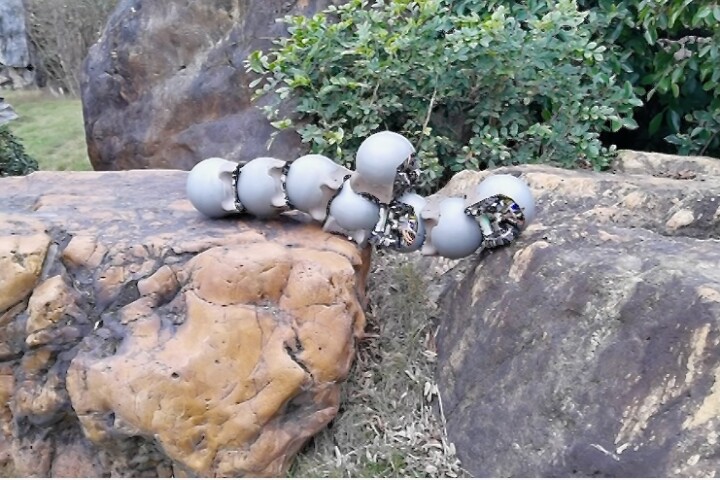With an epidemic of addiction to opioid painkillers on the rise, researchers say they've found an alternative for pain relief from an unlikely source – a small snail found in the Caribbean Sea. Scientists from the University of Utah say the little cone snail Conus regius produces a venom that blocks a pain pathway different from the one that opioids act upon.
"Nature has evolved molecules that are extremely sophisticated and can have unexpected applications," says Baldomero Olivera, professor in biology at the University of Utah. "We were interested in using venoms to understand different pathways in the nervous system."
Interestingly, cone snail venom has also been found to be a possible source of insulin.
The Utah team isolated a compound from the venom called Rg1A that blocks a type of pain receptors in rodents known as a9a10 nicotinic acetylcholine receptors (nAChR). The find adds to the relatively small number of non-opioid-based pathways that could be the key to treating chronic pain with less risk of addiction to painkillers.
The snail-derived compound also exhibited a surprising bonus, its pain-reducing effects lasted long after the substance had been processed by the body.
"We found that the compound was still working 72 hours after the injection, still preventing pain," said J. Michael McIntosh, professor of psychiatry at the University of Utah Health Sciences.
He says this could mean the compound actually has a regenerative effect on parts of the nervous system. It may be able to reduce the root cause of chronic pain rather than just temporarily addressing the symptoms.
"Once chronic pain has developed, it is difficult to treat. This compound offers a potential new pathway to prevent chronic pain from developing in the first place and also offers a new therapy to patients with established pain who have run out of options," he said.
The team's research was published in the Proceedings of the National Academy of Sciences on Monday.
The researchers went a step beyond animal testing and developed a number of synthetic versions of the compound better configured to work on the corresponding pain pathway receptor in humans.
While the compound has yet to be tested on actual humans, the researchers are taking the next steps to investigate the safety and effectiveness of its use as a potential new drug therapy that could then move towards clinical tests.
Source: University of Utah




